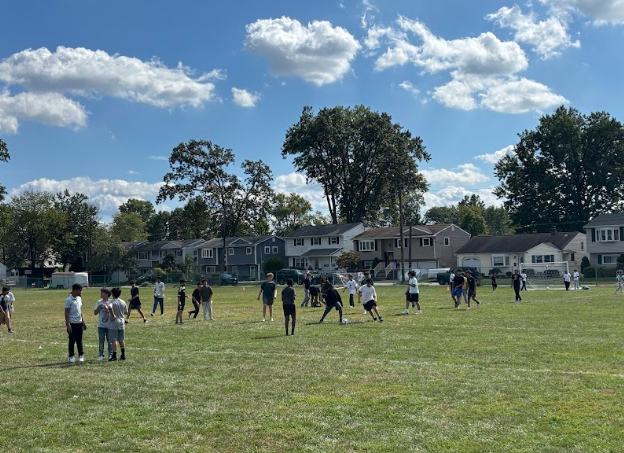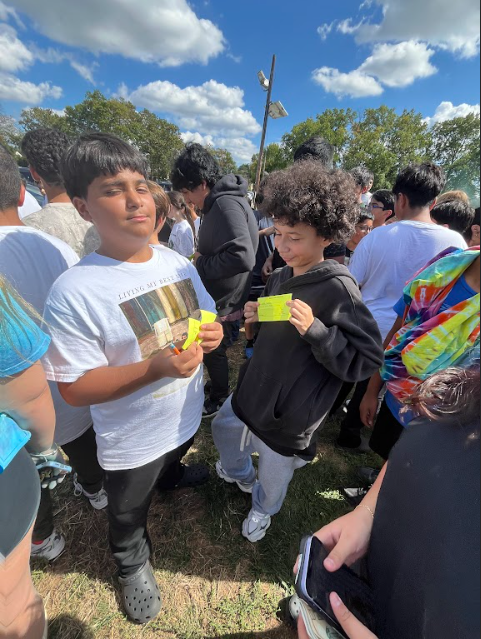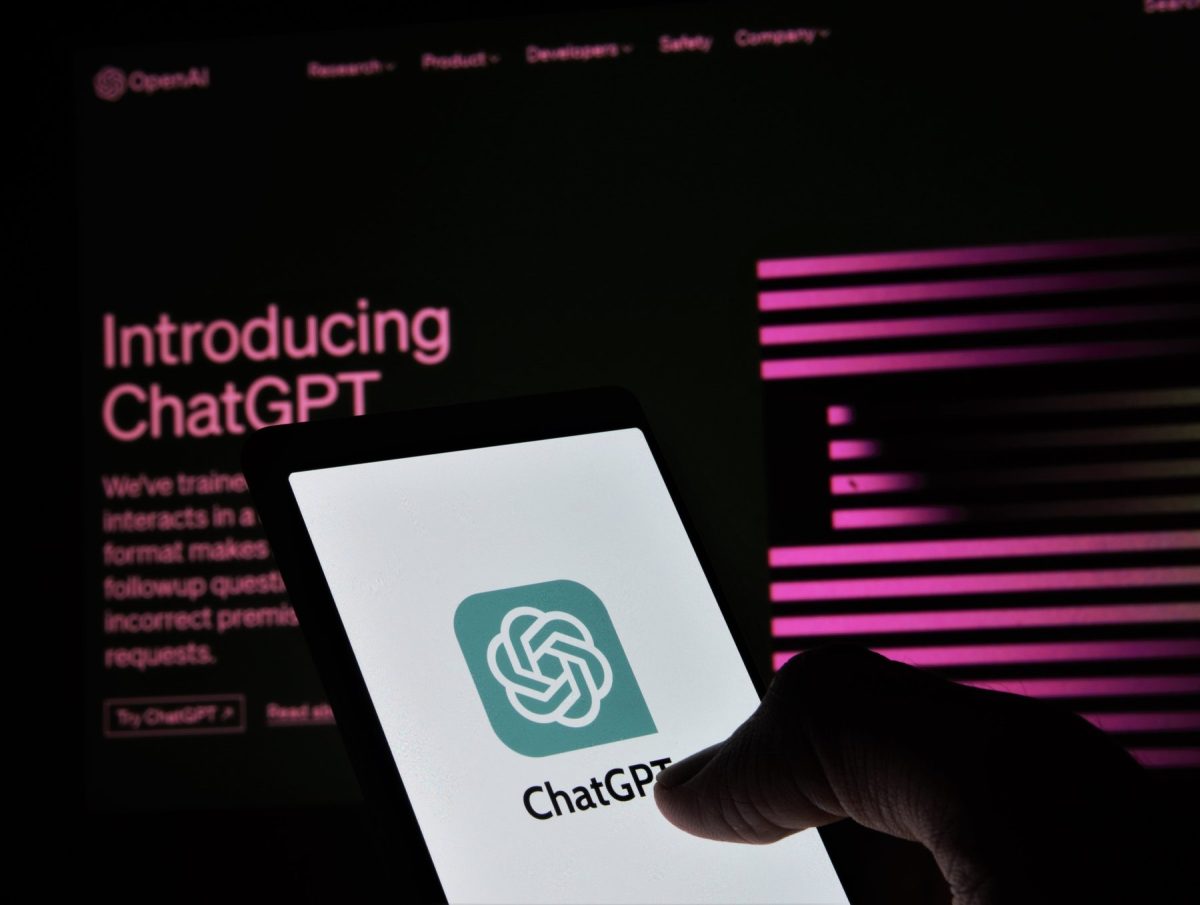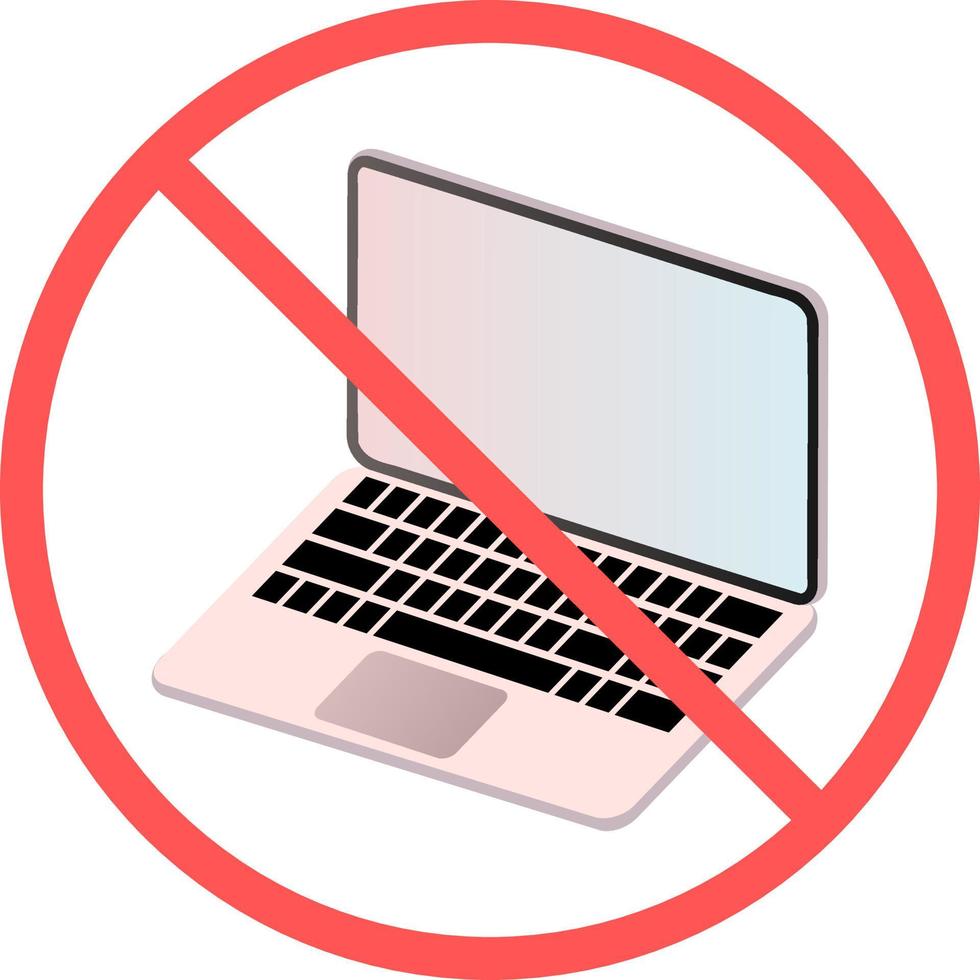Over the last few years, artificial intelligence has become a part of daily life, with technologies such as ChatGPT transforming how we communicate, work, and learn. As AI evolves, however, so does controversy surrounding its uses, misinformation threats, and blowback. Certain critics feel that AI tools like ChatGPT need to be banned in the US, but others feel that banning it is not the answer. We need to learn to use it responsibly—just as we had learned to use computers and calculators earlier.
In recent years, artificial intelligence has ingrained itself into our daily lives, with technologies like ChatGPT revolutionizing the way we communicate, work, and learn. However, as AI advances, so too does the controversy surrounding its applications, the threats of misinformation, and various pushbacks. While some critics argue that AI tools such as ChatGPT should be banned in the U.S., others contend that banning is not a viable solution.
The Case for Banning ChatGPT
Critics of ChatGPT fear its impact on education, employment, and privacy. Teachers and school administrators are worried that students will excessively use AI to complete their school assignments, leading to cheating and a loss of critical thinking. Mrs. Dilonardo stated, “Students use ChatGPT to complete assignments without learning the material. It’s becoming harder to assess their true abilities when AI can write an essay in seconds.” They also fear that AI-generated misinformation will spread instantaneously, negatively impacting public opinion.
Apart from the educational field, others are afraid that AI will displace humans in their jobs, specifically in customer service, content writing, and even legal practice. With ChatGPT and other AI applications doing tasks human hands have previously accomplished, some opine that acceptance of AI on a mass scale could lead to unemployment.
Sparsh Shah, a college student said, “AI tools like ChatGPT collect and process enormous amounts of data. Without strict regulations, user privacy is at risk, and misinformation could spread unchecked.” Since cyber-attacks are on the rise, some believe banning ChatGPT would be the safest action to prevent personal information from being used.
The Case Against Banning ChatGPT
Although these are legitimate concerns, ChatGPT does not have to be outlawed. Technology has always been problematic, but we’ve learned that we figure out how to use new gadgets and integrate them into our lives rather than banning them outright. When computers were invented, everyone believed they would steal jobs from people.
When calculators became cheap enough for everyone to afford, everyone believed they would make children bad at math. But we never banned them—because we figured out how to use them to our benefit.
ChatGPT is no exception. Rather than prohibit it, we need to concentrate on education and regulation to make its use responsible. AI can be an excellent aid for students to generate ideas, grasp complicated things, and improve writing skills. Yash Parikh, an 8th grader in IMS said, “ChatGPT has been a great study tool for me. It helps me understand difficult concepts, summarize long readings, and generate ideas for papers. Banning it would be like banning online research.”
ChatGPT can assist companies with productivity, perform routine tasks, and offer real-time customer service. Even in medicine, AI is utilized to interpret medical data, which enables physicians to diagnose illnesses quicker and more accurately!
Instead of banning AI tools, we can enact some laws on the ethical usage of them. We can compel schools to instruct students on using ChatGPT responsibly—just like they did with computers and the internet. Manav Shah, an 8th grader in IMS said, “Every major technological advancement has faced resistance at first. We didn’t ban calculators in schools; we taught students when and how to use them. The same should apply to ChatGPT.”
We can compel employers to offer employees training on how to incorporate AI in their workflow without completely depending on it. We can compel governments to pass legislation to avoid abuse and data privacy infringement while still enabling AI to benefit society.
Conclusion: Adaptation Over Elimination
The real challenge is not whether ChatGPT should be banned but how we need to adapt to a world with AI. Banning it would be like banning computers, calculators, or the Internet—a useless act that ignores AI’s advantages. Instead of resisting advancements, we need to move forward and learn to properly use AI so that it enhances our abilities, not replaces them.
ChatGPT, like any technological advance, is a tool. Whether or not it is good is wholly dependent upon how we choose to use it.






























